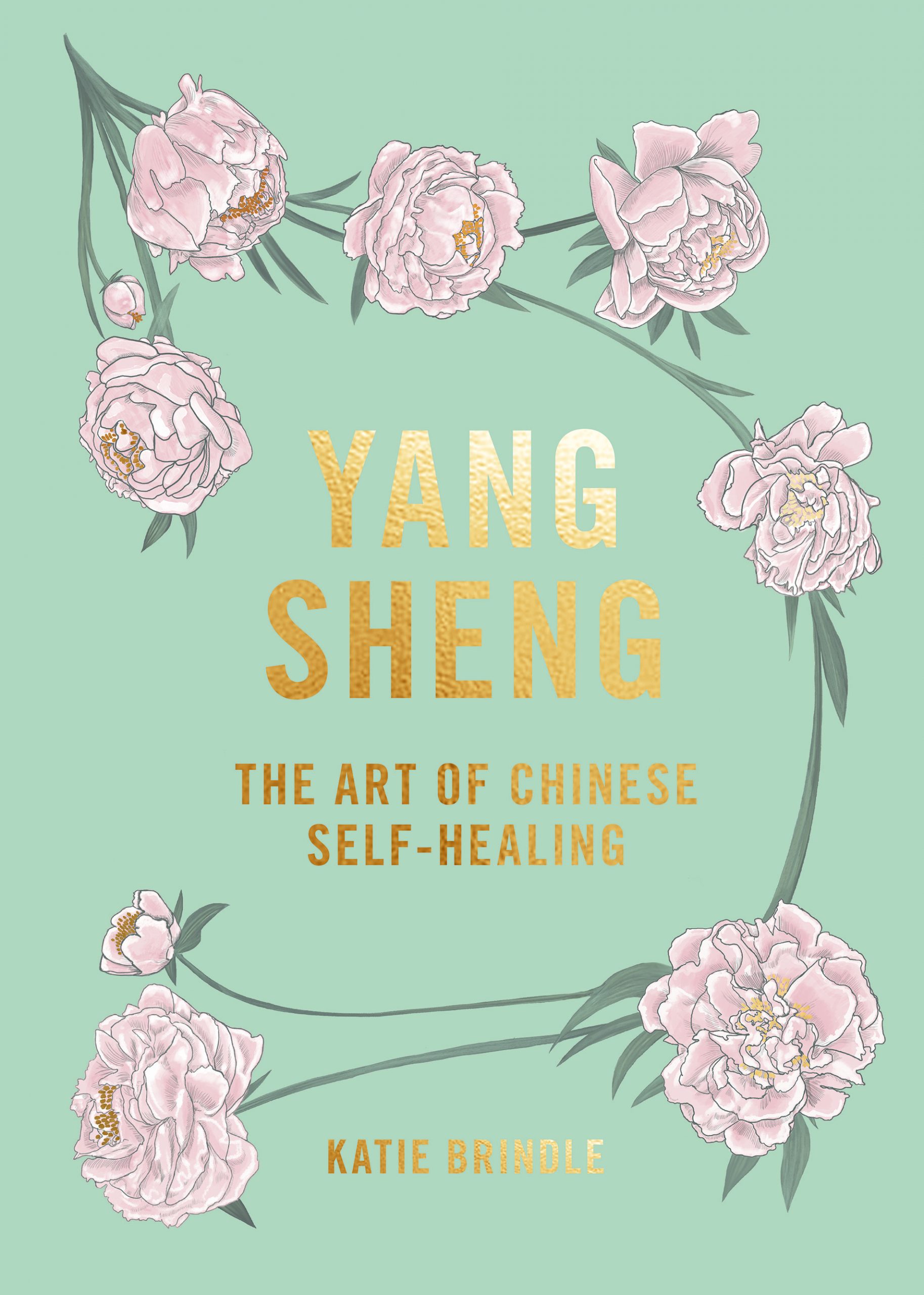7 steps to healing your emotions with chinese medicine
Classical Chinese medicine practitioner Katie Brindle shares simple techniques from yang sheng – a practice that translates as ‘nurture life’ – the route to longevity and health

5 minute read
The Chinese belief is this: own your emotions and you master your health. It’s important to know that not only are you allowed to express the full remit of human emotion, it’s actually healthy to do so. Life will bring all kinds of emotional reactions – and that’s normal – but you don’t want to allow one of them to take over, because that is not balanced. Even a positive emotion, such as happiness, is regarded as just one of many emotions. And, rather than craving constant happiness, you should aspire to feel an even, quiet contentment.
Being too emotional is considered both a waste of valuable qi (life force) and to have a detrimental effect on your organs. This sounds extreme, but it’s why the ancient Taoist masters promoted contentment and quiet living to achieve a long and peaceful life. They referred to living calmly, between the extremes of emotion, as the ‘golden mean’, or balance.
This can be tricky for us to achieve in the West, where we are all about strong reactions and emotions, as long as they are positive. We are thrill seekers, rollercoaster riders, euphoric high chasers. We romanticise the idea of falling deeply in love. All this takes us, culturally, pretty far away from the quiet life suggested by the Taoists. Let’s face it, moderation is a lot less sexy than being intense.
So, how can we find that golden mean? The answer is to accept whatever emotion needs to come out as a natural part of life. Expressing it in a controlled way means you won’t become overwhelmed.
Seven emotional energy shifters
These techniques are useful for worry or when you feel overwhelmed. They help transform uncomfortable or negative feelings.
1. If you are feeling ‘all over the place’
In Chinese medicine, speaking scatters your energy and silence is golden for your mind. When you save your breath, you save energy. Plan some quiet time into every day.
2. If you feel overwhelmed
Your liver processes emotion. Support it by gently stimulating the liver meridian, allowing your qi to flow more freely. Starting at your ankles, tap up and down the insides of your legs for five minutes with a bamboo tapper or a hairbrush that has soft bristles.
3. If you feel anxious
You’ll never think your way out of a stressful situation, you can only change its energy. Worrying about something that has happened or may happen won’t affect the outcome. The antidote to worry? Shake your body vigorously.
4. If you can’t stop worrying
This is an acupressure trick for anxiety: loosely hold your thumb in the palm of the other hand, so your hand is wrapped around the whole of your thumb. Take a few deep breaths. Either hand is fine.
5. If you need a lift
Make a list of the things that bring you joy: your ‘I love’ list. Chinese wisdom says these activities strengthen your heart energetically. Yours might be a massage or a walk in the woods, but make sure you include little things – calling a friend, tucking yourself up in bed to read or enjoying a cup of tea. When you feel low, pick one thing to do. Contentment comes from small, regular doses of joy.
6. If you can’t think straight
Breathe in deeply through your nose, then out of your mouth as you do this exercise. As you breathe, you will aim to stretch your scalp with your fingertips:
- Start with your thumbs on the side of your head, each one next to an outer corner of a brow, the rest of your fingertips resting in the middle of your forehead, just above the inner corners of the brow.
- Apply pressure and slowly pull your fingers apart, stretching your skin, bringing your fingers towards the sides of your head in front of your ears. Your thumbs will release as your fingers come towards them.
- Bring your fingers back to the centre of your forehead and move your hands a few centimetres up your forehead so your little fingertips are at your hairline. Repeat the stretch.
- Continue this pattern over the rest of your scalp, moving your fingertips a few centimetres up and back along your scalp as you go.
- As your hands move higher up your head, they will go behind your ears. When that happens, let your hands pull down all the way to your neck and the tops of your shoulders.
- Finish at your shoulders, pushing down into the top muscle (trapezius) and holding it for a few seconds. Pull across your shoulders towards the front of your throat, holding your hands there until it feels ‘right’, then release and drop your hands. l Repeat as many times as you wish.
7. For grief or sadness
Gua sha (gentle skin scraping with a smooth-edged tool) loosens blocks caused by negative emotion and restores the free flow of qi. For grief or sadness – housed in your lungs and heart – tap or gua sha across your chest and up and down your arms, to follow the heart and lung meridians.

Extract from ‘Yang Sheng: The Art Of Chinese Self-Healing’ by Katie Brindle (Hardie Grant, £15)
Main mage: Getty









